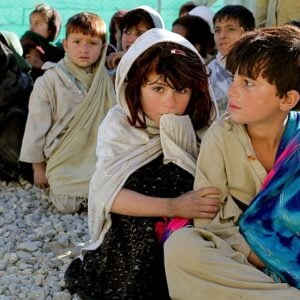The International Organization for Migration (IOM) has issued an urgent appeal for international support as Afghanistan experiences one of the largest return movements in recent history. Since September 2023, over 4 million Afghans have returned from Iran and Pakistan, including more than 1.5 million in 2025 alone. The situation is expected to worsen, with at least 1 million more anticipated to return following Pakistan’s decision not to renew temporary stay permits for Afghan nationals.
To manage the escalating humanitarian needs at the border and in returnee communities, IOM is seeking additional funding to expand its operations. The agency warns that without immediate support, current assistance systems may collapse, leaving millions vulnerable. IOM Chief of Staff Mohammed Abdiker, during a visit to the Iran-Afghanistan border, described meeting families—many with young children—who arrived exhausted and without shelter. He stressed that IOM can currently assist only one in ten returnees, a dire situation that demands urgent international attention.
The return of Afghans from Pakistan surged in April 2025 after authorities there announced a deadline for undocumented individuals to leave or face deportation. Simultaneously, Iran began seeing an even larger wave of returnees. As both countries move to tighten regulations, the flow into Afghanistan is expected to continue increasing in the coming weeks, placing further strain on limited resources.
IOM is operating four reception centers at major border crossings and four transit centers inside Afghanistan, providing essential services including food, shelter, health care, transportation, and psychosocial support. Special attention is being given to vulnerable groups, particularly women and children. However, the capacity remains far below what is needed to address the scale of the return.
IOM Regional Director Iori Kato and Abdiker emphasized that reintegration remains a major challenge, particularly in already impoverished and underserved communities. Without new investment, these areas will not be able to absorb returnees, risking renewed displacement and instability. The majority of returnees are undocumented, which complicates access to public services and formal aid—especially critical as winter approaches and humanitarian needs intensify.
Afghanistan’s humanitarian challenges are compounded by four years of drought, repeated climate shocks, and ongoing economic instability. IOM warns that unless returns are managed in a safe, voluntary, and dignified manner—with strong regional cooperation and international funding—the country could face a broader humanitarian disaster with far-reaching consequences.







